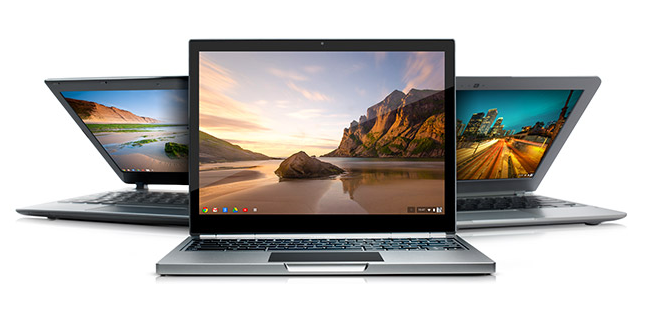IT should ignore the naysayers and consider adopting the Google Chromebook. That’s the conclusion of a Forrester Research Report that looked at the future of the networked computer in the enterprise.
According to Forrester, the Chromebook has its drawbacks, but in particular scenarios it is a good bet for the enterprise. The research analyst firm cites two clear benefits:
Innovation: Chromebook adoption would mean less time servicing PCs, laptops and other devices. For years, IT staff has spent a good bit of its time installing software and maintaining licenses. The networked model of a device like the Chromebook can reduce this time spent on support and free IT to work on new initiatives, such as location awareness or 3D printing.
Collaboration: Chromebook adoption means adopting a corporate Gmail account, and Gmail is a gateway to collaborative work styles. One CIO told Forrester that the employee shift was organic and automatic to Google Drive after the adoption of Gmail.
The Chromebook’s benefit is apparent for people who use Google Apps, and I agree that customer-facing employees could use the Chromebook effectively. But there are security issues with Google Drive. For one, there is no protection below the folder level, which makes it difficult to share files that relate to any facet of the business that requires some fine-grain control over permissions.
That said, it does seem like it could benefit companies that adopt secure file-server technology, such as Egnyte, which has a platform for securing Google Drive so permissions can be administered with more detail.
